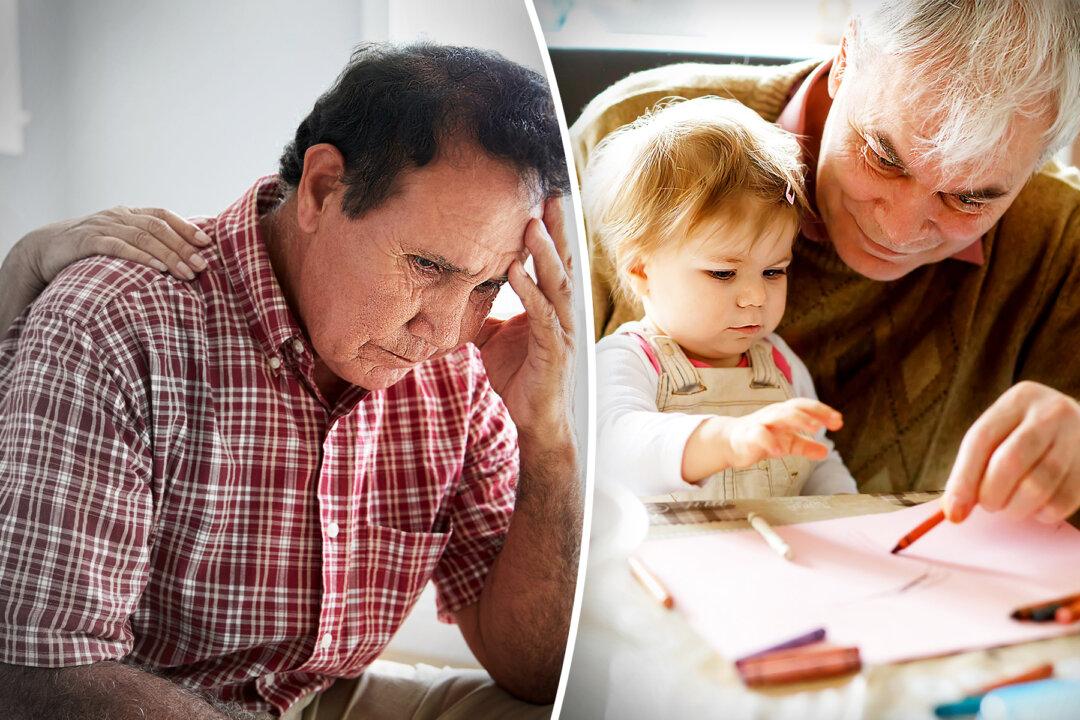These days, America is definitely “graying.” The Census Bureau estimates that the elderly will collectively outnumber children in the United States by 2035, and with that will come a big jump in the number of people affected by Alzheimer’s disease and other kinds of dementia.
But the rising number of retirees could be a good thing, especially for their children who are working long hours. A Census Bureau report from 2011 found that of the American children under the age of 5, grandparents were the primary caregivers for about 24 percent.





